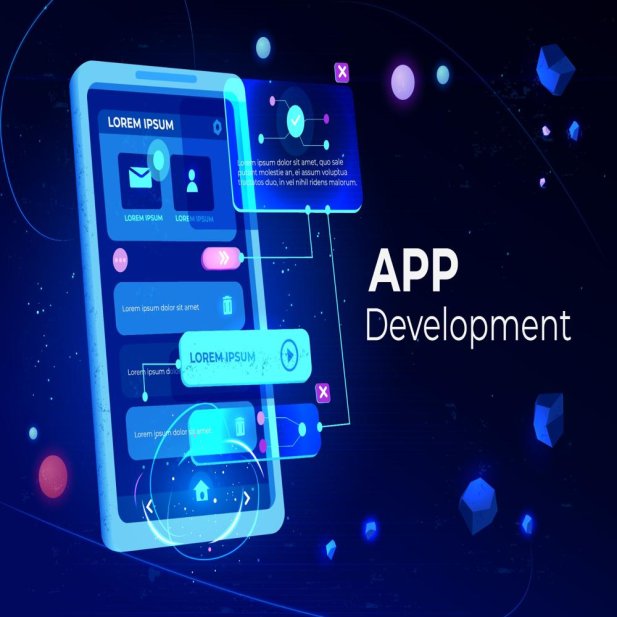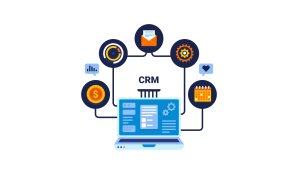If you’ve been thinking about building an app, you’ve probably already realised it’s not as simple as sketching an idea on paper and handing it to someone with a laptop. An app is part creativity, part engineering, and part business strategy.
The tricky part? Unless you can code like a pro, you’ll need help. That’s where mobile application developers in Australia come in. But here’s the catch: not every developer or company is going to be the right fit. Some are amazing at guiding beginners. Others? Not so much. If this is your first time hiring, it can feel like walking into a new city without Google Maps, you know where you want to end up, but the path isn’t obvious.
The good news: with the right approach, you can avoid the dead ends and find a partner who’ll actually make the journey smoother. Let’s talk through it.
Start by figuring out what you really need
Think of it like shopping for shoes. If you walk into a store without knowing whether you want sneakers, work boots, or heels, you’ll end up overwhelmed by options. Hiring a developer is the same.
Ask yourself:
-
Is the app just for iPhones, just for Android, or for both?
-
Do you need something simple to test the waters, or a fully loaded version right away?
-
Who’s it for—customers, your staff, or maybe a small niche community?
You don’t need all the details set in stone. But a rough sketch helps developers give you realistic answers about cost and timelines. Otherwise, you risk someone selling you the “premium package” when all you really needed was the starter version.
Don’t let price be the only factor
Everyone loves a bargain. But here’s the truth: the cheapest option can end up being the most expensive in the long run.
Picture this—you hire someone cut-rate, they build the app, and you launch it. A week later, users start complaining about bugs. Maybe the app crashes on older phones. Maybe it won’t even pass Apple’s approval process. Suddenly, you’re paying someone else to fix what should’ve been done right the first time.
Mobile application developers in Australia with proven experience might charge more, but it’s usually worth it. Download a few of their past projects, click around, see how they feel. That’s like test-driving a car before buying—you’ll get a sense of whether they build smooth, reliable apps or clunky ones that stall.
Pay attention to how they talk, not just what they code
Here’s something most beginners overlook: you’re not just hiring someone’s technical skills. You’re hiring their ability to communicate with you.
If every sentence out of their mouth sounds like a foreign language—APIs, frameworks, backend integration—you’re going to feel lost fast. A good developer explains things in plain words. They make you feel like you’re part of the process, not a bystander.
When you first chat with a potential team, notice how the conversation feels. Do they actually listen? Do they ask questions that make sense? Or do they rush to pitch a pre-made package before you’ve even finished explaining your idea? Those early chats are like the first date—you’ll know pretty quickly if the vibe is right.
Make sure they have a clear process
Imagine building a house without a plan. One day the roof shows up before the walls. The next day someone starts digging a swimming pool you never asked for. Total chaos.
Good developers won’t do that. They’ll have a step-by-step approach. Usually something like:
-
Understanding your idea and goals.
-
Designing what the app will look like (mockups, wireframes).
-
Building the actual app.
-
Testing it to catch bugs.
-
Helping you launch and keeping it running.
If a developer can’t explain their process clearly, that’s a red flag. You don’t want your project disappearing into a black box where you have no clue what’s happening.
Ask about life after launch
Here’s the part a lot of first-timers forget: building the app is just the start. Once it’s live, it needs updates. Bugs will pop up. Phones change, operating systems change, and your app has to keep up.
It’s a bit like buying a car. You wouldn’t just drive it off the lot and never get an oil change. Same thing here—your app needs maintenance. So ask: Will they be around for updates? Do they offer support packages? Or are they the type to hand over the keys and disappear?
Be realistic with your budget
This one’s tough because app costs vary wildly. A simple directory-style app? That’s on the lower end. A complex one with payments, GPS, and live chat? You’ll need a bigger budget.
The trick is not to just look at the upfront build price. There are always extras—hosting fees, potential licensing costs, updates later down the line. The best mobile application developers in Australia will be upfront about these. If someone’s giving you vague numbers, push for clarity.
Think about cultural fit
This might sound fluffy, but it’s not. You’ll be working closely with your developers for weeks or months. If you clash every time you talk, it’ll be exhausting.
Some teams are very structured and corporate. Others are laid-back and collaborative. Neither is “better,” but one might suit your style more than the other. If you’re a small business owner who likes flexibility, you’ll probably be happier with a relaxed, friendly team.
Keep an eye out for red flags
A few things to watch for:
-
Someone who promises the world at a bargain price.
-
No portfolio or past projects to show.
-
Vague timelines.
-
No mention of testing or post-launch support.
Conclusion
Hiring mobile application developers in Australia isn’t about finding the flashiest website or the lowest quote. It’s about finding a partner who understands your idea, communicates well, and has the skills to bring it to life.
Start by sketching out your needs, then talk to a few different teams. Notice how they listen, how they explain things, and whether you feel comfortable with them. Look at their past work, ask about their process, and make sure they’ll still be around after your app goes live.
At the end of the day, building an app isn’t just a technical project—it’s a collaboration. When you find the right team, it feels less like hiring a vendor and more like having co-pilots on your journey. And that makes the whole experience not only easier but a lot more rewarding.




























